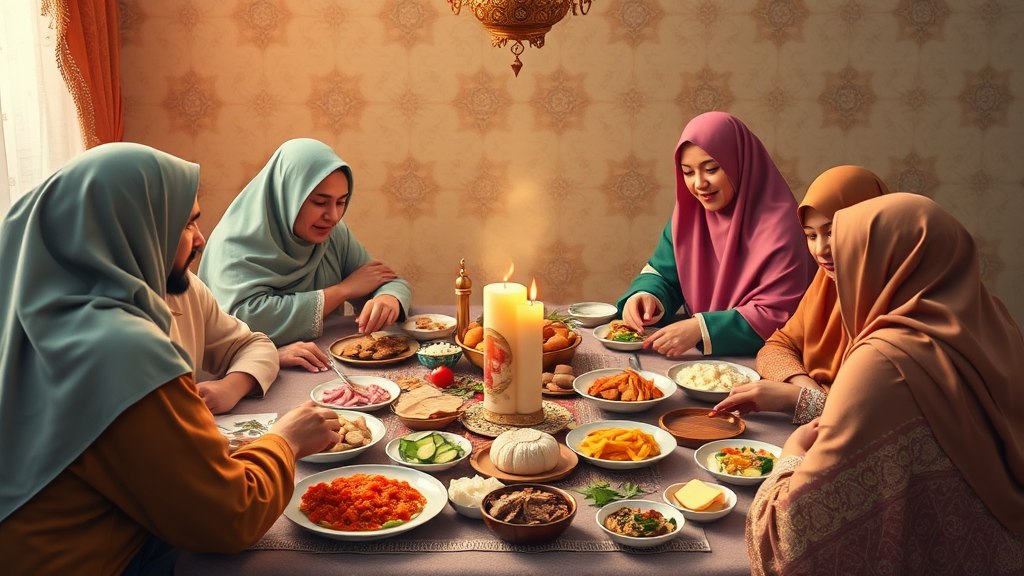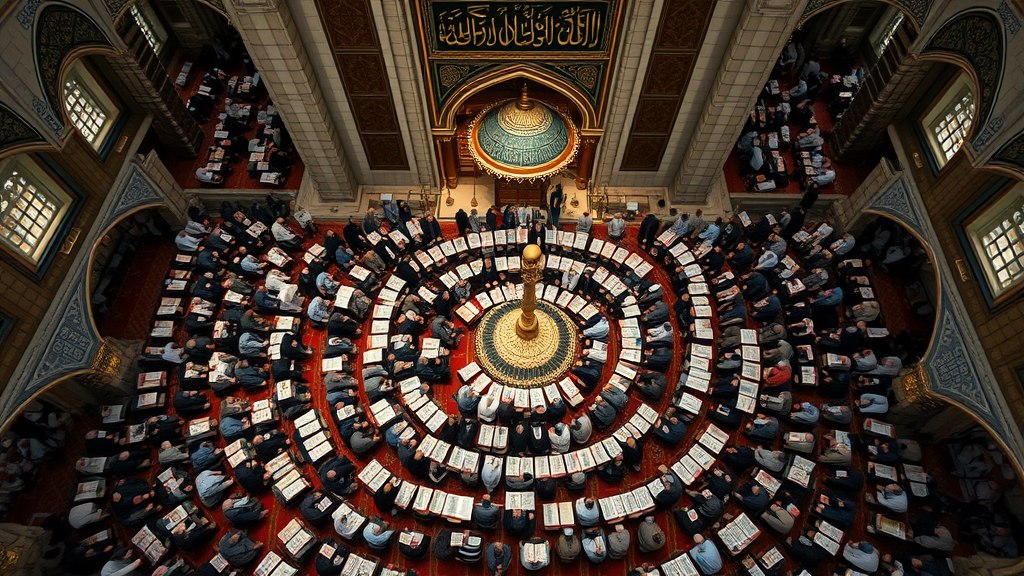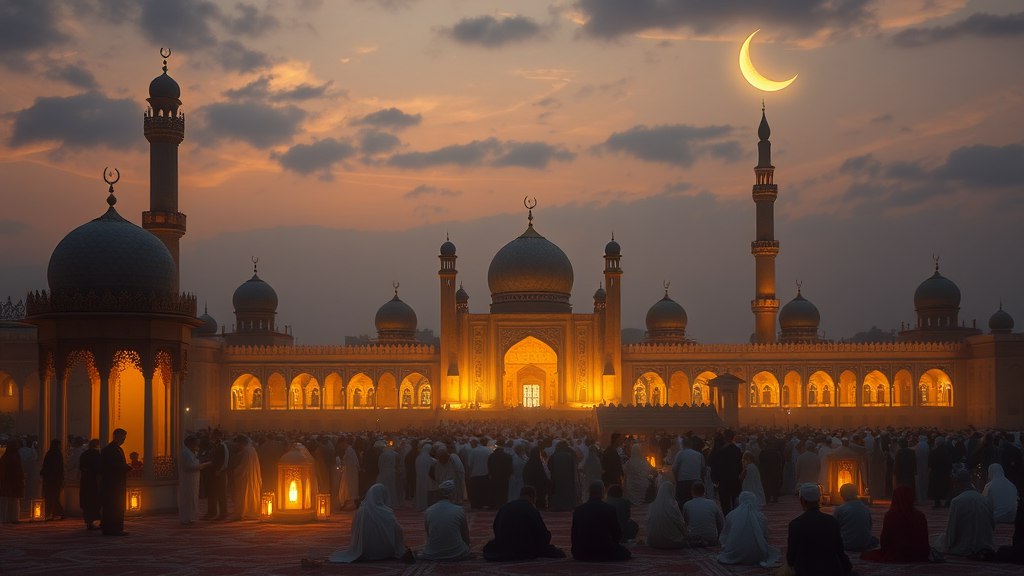In the name of Allah.
The month of Ramadan, the ninth month of the Islamic lunar calendar, is one of the holiest times for over 1.8 billion Muslims around the world. However, Ramadan is not just about fasting; it is a time for self-improvement, worship, and deepening one’s connection with God.
During this month, Muslims refrain from eating and drinking from sunrise to sunset. Muslims also believe that, in addition to abstaining from food and drink, they must be mindful of their behavior and actions to avoid hurting others and to refrain from anything that goes against religion and humanity.
For this reason, crime rates in Muslim-majority countries drop significantly during Ramadan.
In this month, it is encouraged to help one another and practice forgiveness so that we may receive God’s mercy. Ramadan also helps in controlling and disciplining the self.
Ramadan is the month in which the Quran was revealed to the Prophet Muhammad (peace be upon him). Both Shia and Sunni Muslims recite the Quran during this month, as it is recommended that reciting even one chapter of the Quran in Ramadan is equivalent to reciting the entire Quran. Reading the Quran with focus and reflection carries great reward and virtue.

The word "Ramadan" means "burning," and the Prophet Muhammad (peace be upon him) said that during this month, all your sins are burned away, the devils are chained, and the mercy of God fills the earth.
Interestingly, fasting is not only a religious act but also has numerous benefits for the soul and body. Fasting is especially recommended for young people because, from a psychological perspective, it helps them develop a strong ability to say "no" and strengthens their willpower and spirit.
From a physical standpoint, fasting allows the body to consume excess cells for energy, which improves metabolism and helps prevent diseases like cancer.
During this month, Muslims appreciate the blessings of God and empathize with the poor, placing themselves in their shoes. At suhoor (pre-dawn meal) and iftar (meal after sunset), families gather together, fostering empathy and closeness among family members.
You might find it interesting to know that Ramadan is not just an individual act of worship but also brings communities closer together. Muslims gather in mosques for prayers and recite the Quran collectively.
At night, markets in Muslim communities come alive with crowds, and special Ramadan sweets are prepared. Mosques are filled with worshippers, and religious scholars or imams deliver talks about the truths, rulings, and ethics of Islam, as well as guidance for life.
During Ramadan, it is recommended to invite one another to meals, as this carries great reward and virtue. This practice fosters warmth and unity within the Islamic community.

In the middle of Ramadan, Muslims celebrate the birth of their second Imam, Imam Hassan al-Mujtaba (peace be upon him), and distribute free food to everyone.
In Ramadan, the 19th, 21st, and 23rd nights are known as *Laylat al-Qadr* (the Night of Decree). The Quran states that these nights are better than a thousand months, as it is believed that the entire Quran was revealed on this night. For this reason, Muslims stay awake throughout these nights, engaging in worship and supplication until the dawn prayer. According to Islamic teachings, the destinies of Muslims are written by angels during these nights.
These are nights when angels descend to Earth to seek forgiveness for the sins of believers, and the atmosphere is filled with peace and empathy.
Shia Muslims mourn the martyrdom of Imam Ali (peace be upon him) during the Nights of Decree (*Laylat al-Qadr*), as his martyrdom coincides with these sacred nights. They also distribute free food to the people as an act of charity and devotion.
They place the Quran on their heads, seeking blessings from the Quran and the Ahl al-Bayt (the family of the Prophet) so that the best destinies may be written for them.

At the end of Ramadan, after thirty days of fasting, the month concludes with Eid al-Fitr. On Eid al-Fitr, fasting is forbidden, and Muslims perform a special prayer in the early morning. Young people visit the homes of elders, and children receive gifts from their elders. All families are obligated to help the poor, and this is a time of joy and gratitude for all the blessings God has bestowed upon them.
Ramadan is a month that reminds everyone of values such as empathy, forgiveness, and self-improvement. This month carries a universal message not only for Muslims but for all humanity: to appreciate the blessings of life and to help one another. Ramadan Mubarak!



دیدگاه خود را بنویسید